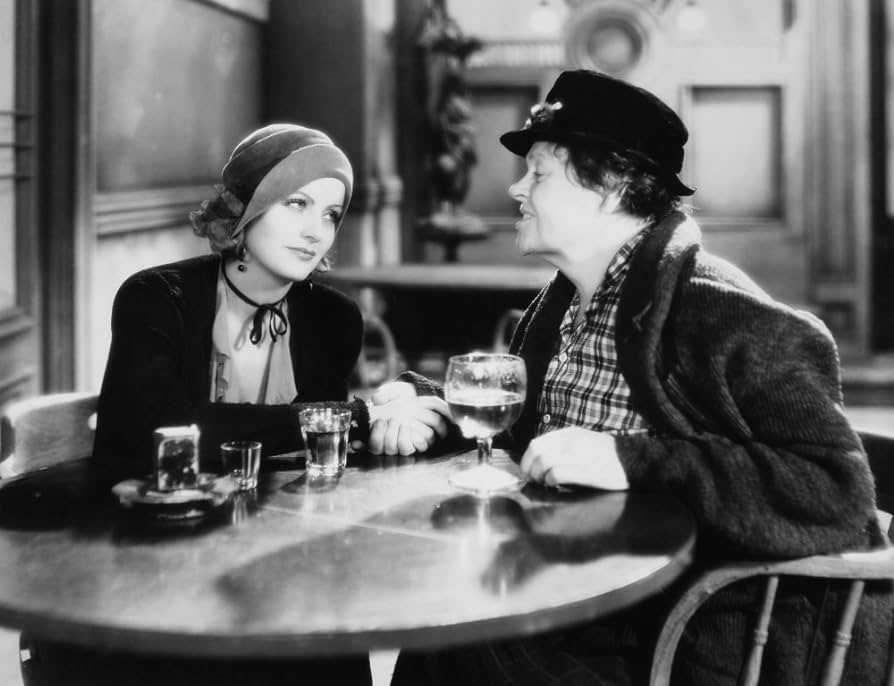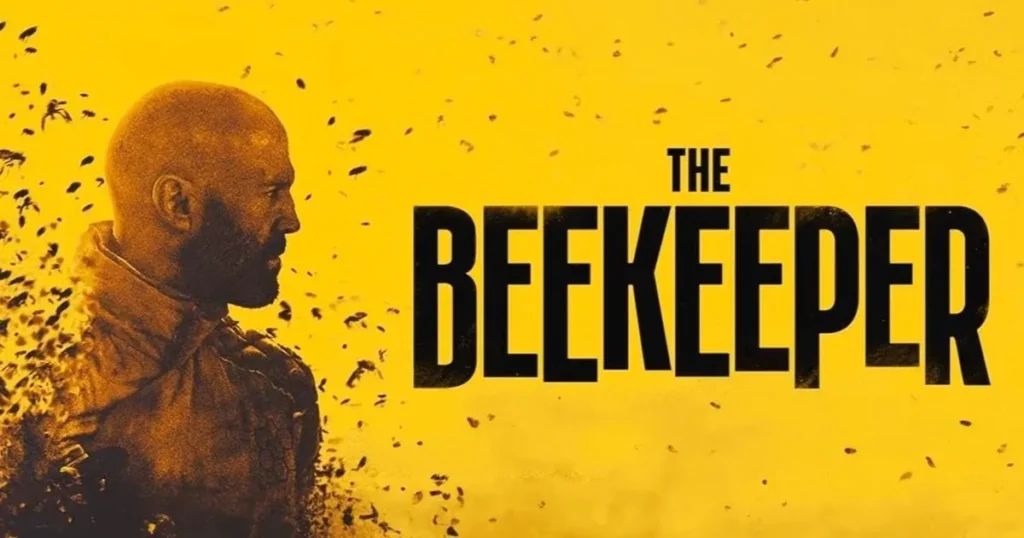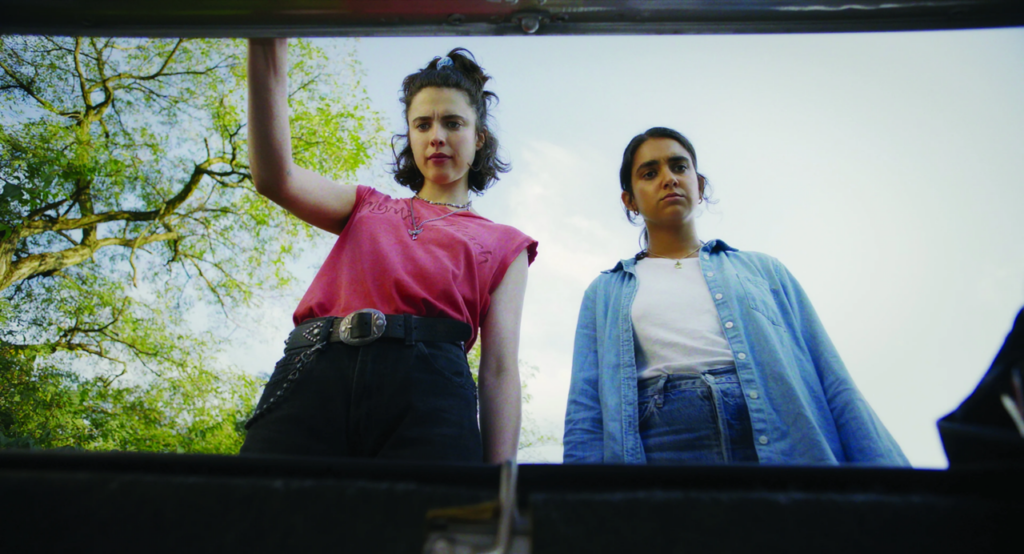There is a lot to like despite its age in Anna Christie, Greta Garbo’s first talking film.
The Production: 3.5/5
MGM was the last of the major Hollywood studios to embrace the coming of sound to films. Consequently, its stars were likewise slow to adapt to the microphone. In the case of their biggest international star Greta Garbo, she was deliberately kept silent on screen for more than two years as her talkie debut was meticulously planned. Eugene O’Neill’s Pulitzer Prize-winning play Anna Christie was selected as her talkie debut vehicle and was publicized as the film in which “Garbo Talks.” The plan worked. Garbo’s debut even in a dialogue-heavy melodrama was big box-office, and even though the film today creaks a bit with the static camera and the heavy-breathing dramatics, Garbo maintains her hold on audiences with her brooding, enigmatic personality now enhanced by her deep baritone voice.
After an estrangement of fifteen years, down-on-her-luck prostitute Anna Christie (Greta Garbo) returns to her father Chris (George F. Marion) sick and in need of a place of refuge, the coal barge home that he maintains. Though his boozy wharf rat friend Marthy (Marie Dressler) immediately recognizes Anna for what she is, Chris is blind to his daughter’s past life “on the farm” he left her in after the death of her mother. Anna is bitter against all men who have taken advantage of her for her entire life, but when they aid a schooner caught in a maelstrom and nurse near-death seaman Matt (Charles Bickford) back to health, Matt begins to fall in love with Anna who he considers an angel of mercy. Thus, Anna has two important men in her life from whom she’s trying to keep her guilty secret.
One of MGM’s premier screenwriters Frances Marion adapted Eugene O’Neill’s play for the screen. All of the profanity has been lifted out, of course, and some descriptions lean toward euphemisms rather than simply calling a spade a spade, but the gist of the playwright’s story is here and while it’s a predictable one so many decades after the fact, it’s easy to understand how it might have turned heads nearer the beginning of the 20th century: alcoholism and prostitution weren’t much discussed in polite society of the time. Being an early talkie, however, one can’t help noticing how rooted the camera is to the scene (at one point, an actor leaves a bar table, but the camera remains bolted in place focused on the empty table to end the scene). Director Clarence Brown, who a mere five years later in another Garbo vehicle Anna Karenina shows his wonderfully mobile reverse tracking shots, does get one sequence on Coney Island with the two lovebirds where he gets to experiment with camera placement (obviously sequences shot silent with sound added afterwards), but the majority of the film is shot on standing sets with actors moving around and with very few close-ups or long shots.
With the character of Anna being of Swedish descent, the role was ideal for Greta Garbo’s sound debut, and her gruff lower register suits her disillusioned ex-prostitute perfectly. Some words are occasionally lost in her slightly thick accent (this would be smoothed over as sound films advanced), but she’s riveting in the all-stops-out revelation scene where she sets both her father and her boy friend straight as to her background and her bitterness toward the way their gender has treated her for her entire life. Garbo earned her first Oscar nomination for this performance, and it was richly deserved. Had there been a supporting actress Oscar category then (it wouldn’t come along until six years later), Marie Dressler would easily have taken the trophy for her hilarious, scene stealing turn as the inebriated Marthy always on the lookout for a drink but still wise to the ways of the world despite her intoxication. (Dressler would claim her Oscar one year later as lead actress in Min and Bill.) Charles Bickford’s virile Irishman determined to have Anna as his wife throws dramatic and sexual sparks galore throughout his outstanding performance. George F. Marion had played the role of Anna’s father previously in a silent version and reprises it here, scowling and self-pitying as the father guilty for years of ignoring his daughter while she fended for herself as best she could.
Video: 4/5
3D Rating: NA
The film’s original 1.37:1 theatrical aspect ratio is faithfully rendered in a 1080p transfer using the AVC codec. Free of all of the dirt, debris, scratches, and splices from earlier incarnations of the movie on home video, this version is quite impressive though the sharpness of the foreground action is often too stark in comparison to the rampant use of rear screen projection in order to place the actors in New York harbor. Black levels are good but not great. The movie has been divided into 20 chapters.
Audio: 4/5
The DTS-HD Master Audio 2.0 mono sound mix betrays its early talkie origins with occasional muffled pops and attenuated hiss. Most of the dialogue and sound effects come through regularly without issue though balancing one with the other is a problem early sound engineers struggled with, and the problem is occasionally present here, too.
Special Features: 3.5/5
German Sound Version (1:25:53, HD): filmed on the same sets with Garbo and a different set of supporting players and directed more fluidly by Jacques Feyder, this is a bonus feature worth watching.
MGM Parade (29:23, HD): Walter Pidgeon hosts the first in a two-part examination of Garbo’s Hollywood career. We’re shown clips from three silent films The Torrent, The Flesh and the Devil, and The Kiss and from her sound films Anna Christie, Romance, and Queen Christina. Actress Irene Pappas also drops by to plug her picture with James Cagney Tribute to a Bad Man.
Lux Radio Theater (54:52): a 1938 radio version of the film with Joan Crawford and Spencer Tracy in the leading roles.
The Booze Hangs High (6:11, HD): 1930 Looney Tunes animated short.
Overall: 3.5/5
Clarence Brown’s Anna Christie brings Eugene O’Neill’s scathing indictment of the double standard applied to the private dealings of men and women to the screen in Greta Garbo’s first talking film. Warner Archive has provided a marvelous audio and video rejuvenation of the movie which fans of the director and stars will likely celebrate.
Matt has been reviewing films and television professionally since 1974 and has been a member of Home Theater Forum’s reviewing staff since 2007, his reviews now numbering close to three thousand. During those years, he has also been a junior and senior high school English teacher earning numerous entries into Who’s Who Among America’s Educators and spent many years treading the community theater boards as an actor in everything from Agatha Christie mysteries to Stephen Sondheim musicals.
Post Disclaimer
Some of our content may contain marketing links, which means we will receive a commission for purchases made via those links. In our editorial content, these affiliate links appear automatically, and our editorial teams are not influenced by our affiliate partnerships. We work with several providers (currently Skimlinks and Amazon) to manage our affiliate relationships. You can find out more about their services by visiting their sites.






Similar threads
- Matt Hough
- Blu-ray and UHD
2